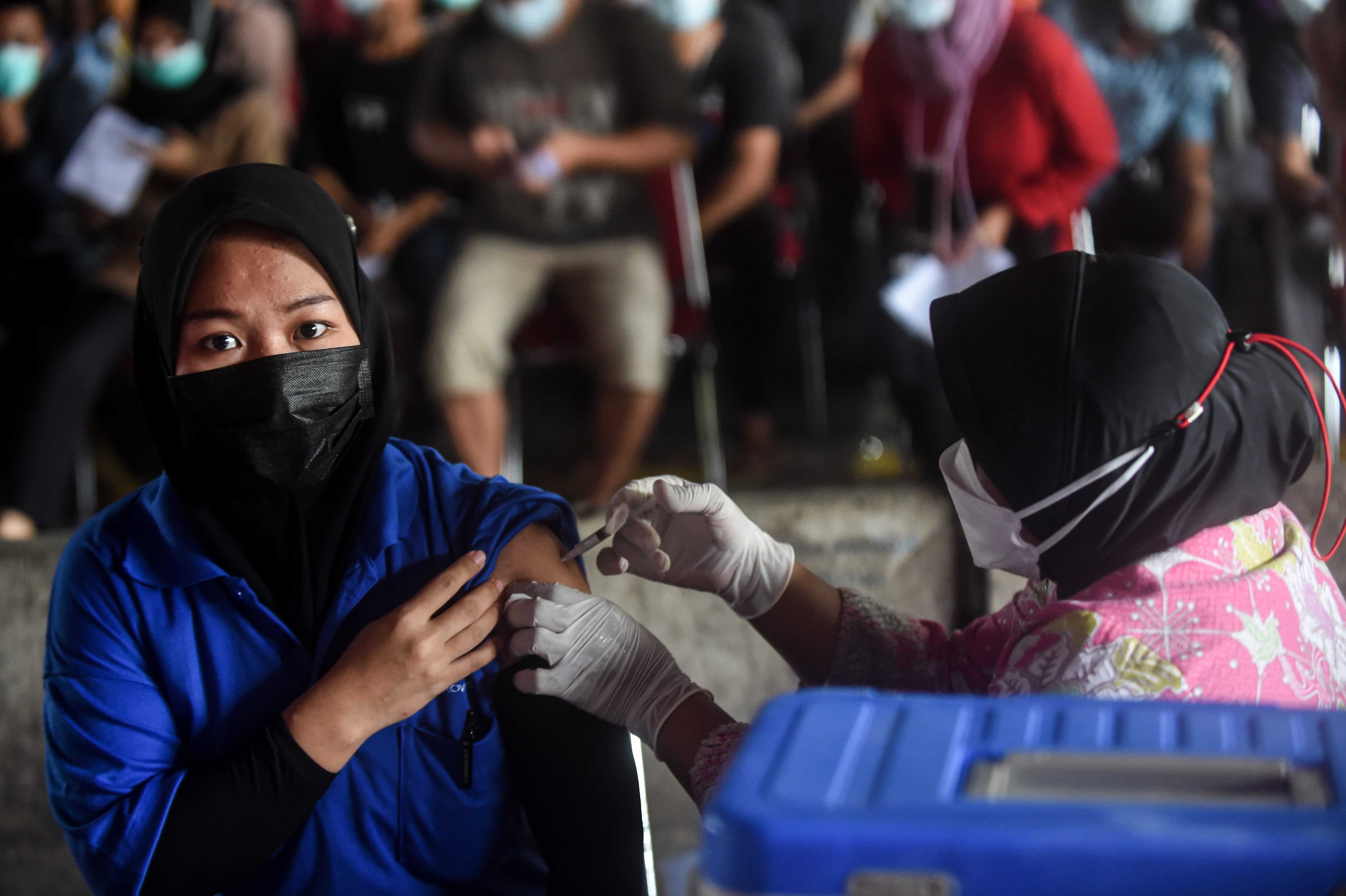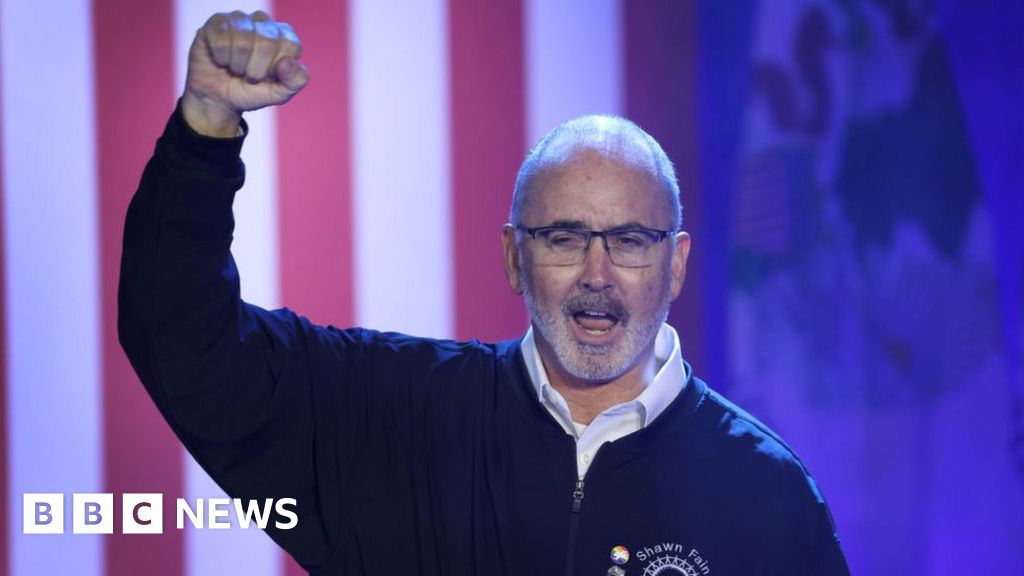On June 19, 2021, a woman takes a dosage of Covid-19 vaccine as part of a mass vaccination at Tanah Abang Textile Market in Jakarta, Indonesia. Getty Images | Agung Kuncahya B. | Xinhua News Agency According to investment bank HSBC, Asia’s fight against the coronavirus is far from ended, but an expected increase in Covid vaccine distribution in the next months may help alleviate the situation. This year, India has been the worst-affected country, with a devastating second wave of cases peaking between February and early May. Despite the fact that daily reported infection levels have decreased dramatically from a peak of over 414,000 infections per day, the South Asian nation still reports 50,000 cases per day on average. In recent months, countries such as Indonesia, Malaysia, and Nepal have seen a substantial increase in cases, while infection levels in other locations have remained high. Singapore, South Korea, Japan, and China have all had outbreaks in recent months. “It’s simple to imagine, or tempting to think,” Frederic Neumann, co-head of Asian economics research at HSBC, said on CNBC’s “Squawk Box Asia,” “We’re looking at record levels of daily infections right now.” “There is still a horrible human toll in many parts of Southeast Asia, including India,” he remarked. Variant delta The closely observed coronavirus mutation known as delta variant, according to experts, is largely to blame for the recent rise in new cases reported in many regions of the world. Delta is thought to be more contagious than previous varieties, having been discovered in India and currently spreading to over 80 nations. While it is unclear whether the variant is more lethal than previous strains, analysts from political risk consultancy Eurasia Group believe that its increased transmissibility, particularly in environments with low inoculation and minimal social distance, means it will likely infect more people in absolute terms. “Countries with younger populations and more humid climates may face more severe outbreaks than past waves,” Eurasia Group analysts wrote in a recent note. They went on to say that in many emerging markets, health-care systems are becoming increasingly overburdened. In terms of vaccines, Asia lags behind North America and Europe by a significant margin. According to the data, slightly over 23% of the population has gotten at least one dose of the Covid vaccination, compared to over 40% or more in the other two regions. “We’re not out of the woods yet,” HSBC’s Neumann said. “That indicates that when we move into the third quarter, there’s still a chance of at least some disturbances. These immunizations are all that is required. More supply is required. We need to get them out there.” Recovery of the economy According to Neumann, HSBC estimates that many Asian countries would not achieve herd immunity until the beginning of 2022 at the earliest, based on publicly accessible data. “That means some of the restrictions, notably on travel, stay in place, and that means, sadly, a rocky ride for the next few months,” he said. When a country achieves herd immunity, the virus can no longer spread rapidly since the majority of the population has been properly vaccinated or has acquired immunity through infections. Neumann and other HSBC analysts wrote in a note that they expect local demand growth to accelerate in the region over the next six months. According to them, this will occur as a result of a sharp, predicted increase in vaccination distribution. Despite persistent transportation disruptions and supply chain constraints, exports remain healthy, according to the bank. “As demand shifts toward services and factories make up for lost time, the latter should gradually diminish. Nonetheless, the crisis has indicated that further capacity investment is urgently required – expect capex to skyrocket as the region emerges from the epidemic “Analysts at HSBC penned a report. Asia, excluding Australia and New Zealand, is expected to increase 6.6 percent year on year in 2021, compared to 0.9 percent last year, and 4.6 percent in 2022, according to the investment bank. Continue reading
HSBC says Asia faces ‘bumpy road’ ahead as Covid cases remain high, but vaccine rollouts offer hope
2021-06-30T07:32:13-04:00June 30th, 2021|





